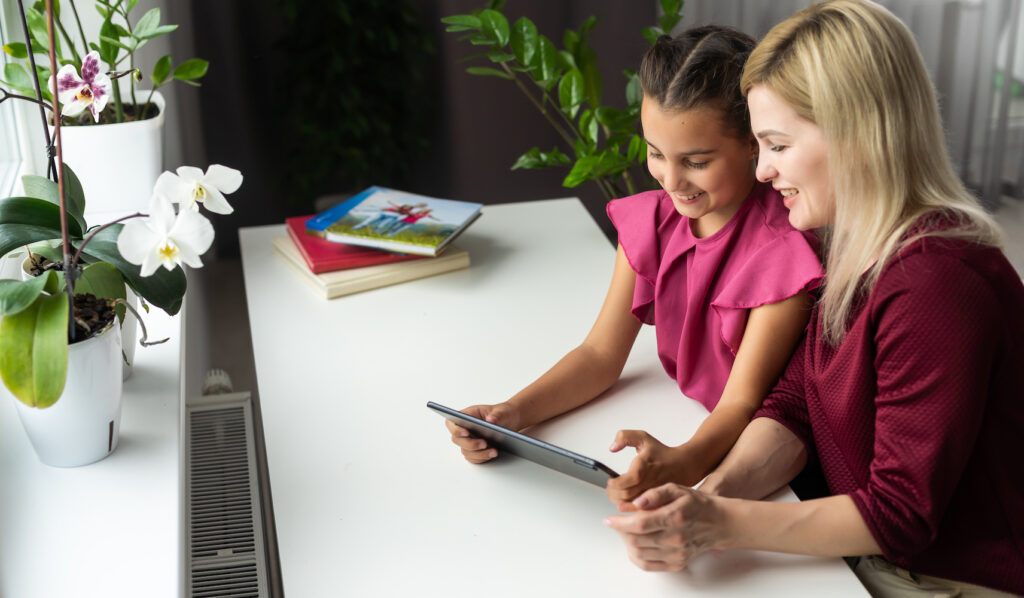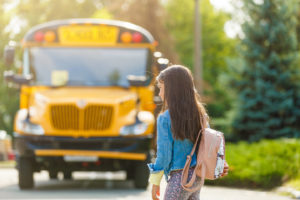Half of parents want to customize their child’s K-12 education, report shows
Nearly half of America’s parents want to customize their child’s education.
The new Choose to Learn 2024 report surveyed “open-minded parents” to find out what sort of educational…

Nearly half of America’s parents want to customize their child’s education.
The new Choose to Learn 2024 report surveyed “open-minded parents” to find out what sort of educational opportunities they wanted and what barriers they faced in getting them.
Researchers found 48% of K-12 parents were open-minded – representing roughly 24 million students.
The report identified three different types of open-minded parents:
- School Supplementers (64%) liked their current school environment but wanted to add supplemental programs;
- School Switchers (10%) considered switching to a different school altogether;
- Customizers (26%) wanted to have a completely custom learning plan for their child, such as one might get through home education.
Parents’ top concerns included mental health and academic performance. Many participants cast doubt on whether schools could sufficiently address mental health struggles.
“Mental health is just as important as physical health,” said one middle-school parent from Michigan. “There are too many teen suicides. If my child is not mentally happy in a school, it is my responsibility to change that.”
“I just don’t trust a school to take proper care of my child’s mental health needs,” added a California parent.
However, even open-minded parents perceived barriers to a truly customized education.
School Supplementers and School Switchers were concerned they wouldn’t be able to afford a customized education and weren’t qualified to design an education plan.
Other reasons included enjoying the benefits of school community, extracurriculars and socialization.
On the other hand, Customizers believed a tailored education could provide better academic support as well as learning experiences and styles suited to their child.
School Switchers also thought a different type of school could improve academic performance and give students a more customized education than their current situation.
Nationwide enrollment trends reflect this push for education alternatives. Traditional public schools are losing students rapidly in states such as North Carolina and Virginia, while charter schools grow in popularity, especially among minority families.
And there are countless anecdotes of private and Christian schools bursting at the seams with new students.
With the help of school choice, the supply of alternative education pathways may finally meet the demands of parents who want nothing but the best for their child.



